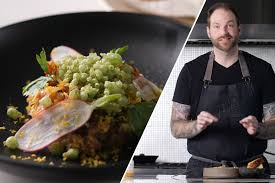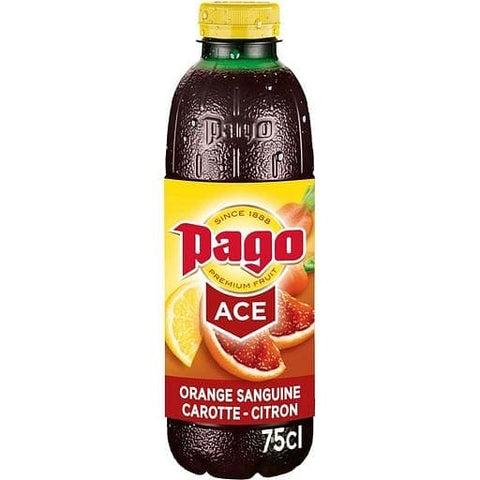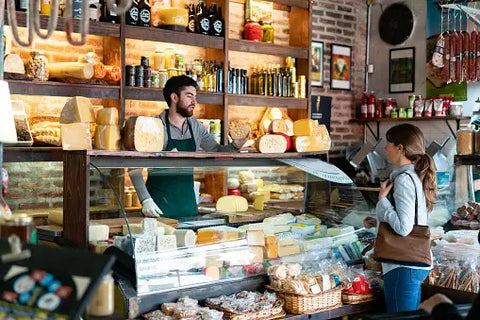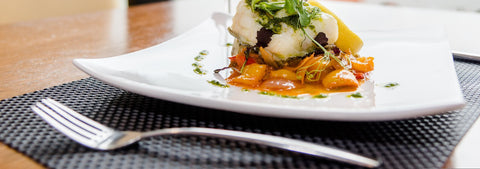French cuisine is renowned worldwide for its sophistication, elegance, and exquisite flavors. Behind the artistry of French cooking lies a treasure trove of culinary secrets—techniques and ingredients that have been passed down through generations, jealously guarded by chefs and home cooks alike. In this article, we delve into the realm of French culinary secrets, unveiling the hidden gems that contribute to the mastery of French cuisine. From cooking techniques that elevate dishes to the use of unique ingredients that add depth and complexity, we unravel the mysteries that make French cuisine truly exceptional.
Masterful Techniques:
French culinary secrets are often rooted in the meticulous mastery of cooking techniques. From the precise art of knife skills to the artful mastery of sauces, these techniques elevate dishes and create a symphony of flavors on the plate. French chefs are renowned for their ability to create velvety, buttery sauces like hollandaise and béarnaise through the delicate process of emulsification. The art of deglazing a pan to capture the fond—the flavorful browned bits that cling to the bottom—and turning them into rich, luscious sauces is another technique that adds depth and complexity to French dishes. Sous vide, a cooking method that involves vacuum-sealing ingredients and cooking them in a precisely controlled water bath, is yet another technique that ensures tender, perfectly cooked proteins.
The French also excel in the art of pastry-making, with techniques like laminating dough to create flaky croissants and puff pastry. The mastery of French bakers in crafting delicate, airy soufflés and intricate multi-layered mille-feuille desserts is a testament to their dedication to perfecting techniques.
Unforgettable Ingredients:
French cuisine thrives on the use of high-quality ingredients, sourced from the bountiful land and seas of the country. From the fragrant herbs of Provence to the indulgent richness of Normandy's dairy products, each region offers its own unique ingredients that contribute to the distinctive flavors of French dishes. The use of fresh, seasonal produce is a cornerstone of French cooking, allowing the flavors to shine and the natural beauty of ingredients to take center stage. From the vibrant summer berries in tarts to the earthy mushrooms in hearty stews, French cuisine celebrates the gifts of each season.
French culinary secrets also lie in the art of balancing flavors. The subtle addition of herbs like tarragon, thyme, and parsley adds depth and complexity to dishes, while a touch of acidity from wine or vinegar brings balance and brightness. The use of rich, decadent ingredients like foie gras, truffles, and artisanal cheeses adds luxuriousness and indulgence to French cuisine, creating unforgettable dining experiences.
Here are some additional points on French culinary secrets:
-
The importance of mise en place: French chefs emphasize the practice of mise en place, which refers to the organization and preparation of ingredients before cooking. This includes chopping vegetables, measuring out ingredients, and having everything ready and within reach. Mise en place ensures a smooth cooking process and allows the chef to focus on the artistry of cooking.
-
The art of slow cooking: French cuisine often embraces slow cooking techniques that allow flavors to develop and ingredients to tenderize over time. Slow-simmered stews, braised meats, and confit preparations are examples of dishes that benefit from the patient approach of slow cooking, resulting in rich, deeply flavored dishes.
-
The magic of stocks and broths: French cooking relies heavily on the foundation of stocks and broths. These flavorful liquids, made by simmering bones, vegetables, and aromatics, form the basis for many classic French sauces, soups, and stews. The time and care put into crafting a well-made stock or broth is a crucial secret that enhances the depth and complexity of French dishes.
-
The art of balancing textures: French cuisine pays great attention to the balance of textures in a dish. From the crispness of a perfectly caramelized exterior to the tender interior of a cut of meat, the combination of textures creates a satisfying and harmonious eating experience. Incorporating elements of crunch, creaminess, and velvety smoothness adds layers of enjoyment to a dish.
-
The use of wine and spirits: French cuisine often incorporates wine and spirits as flavor enhancers. From deglazing pans with wine to infusing desserts with liqueurs, these alcoholic beverages add depth, complexity, and a touch of sophistication to dishes. The careful selection and balance of flavors when using wine and spirits is a secret that adds a certain je ne sais quoi to French cuisine.
-
The art of plating: French chefs understand that presentation is a crucial element of the dining experience. The way a dish is plated and garnished can elevate it from being simply delicious to a work of art. Attention to detail, the use of contrasting colors and textures, and the placement of elements on the plate all contribute to the visual appeal and aesthetic pleasure of a French dish.
-
The appreciation of seasonality and terroir: French culinary secrets embrace the concept of terroir, which refers to the unique characteristics of a region's soil, climate, and environment that impart distinct flavors to local ingredients. French chefs celebrate seasonality, using ingredients at the peak of their freshness and flavor. This connection to the land and the changing seasons is a secret that ensures the highest quality and authenticity in French cuisine.
French culinary secrets are the keys to unlocking the magic and allure of French cuisine. Through meticulous techniques, skilled chefs and home cooks create masterpieces on the plate, capturing the essence of each ingredient and crafting harmonious flavors. The use of high-quality, seasonal ingredients sourced from the fertile French lands and seas ensures that each dish is a celebration of nature's bounty. From the delicate art of sauce-making to the intricate precision of pastry-making, French culinary secrets represent the dedication, passion, and craftsmanship that have made French cuisine an art form.
As you embark on your culinary journey, embrace these secrets and incorporate them into your own cooking. Pay homage to the techniques that have stood the test of time and seek out the finest ingredients available to you. Whether you're mastering the art of creating a velvety sauce or exploring the nuanced flavors of French cheeses, the secrets of French cuisine are yours to discover and share, adding a touch of elegance and sophistication to your own culinary creations.




